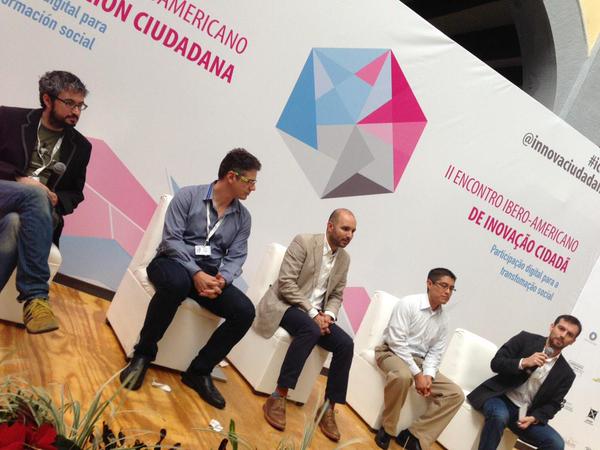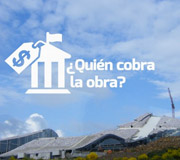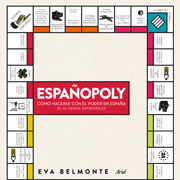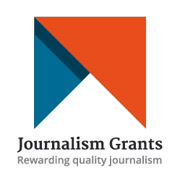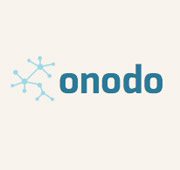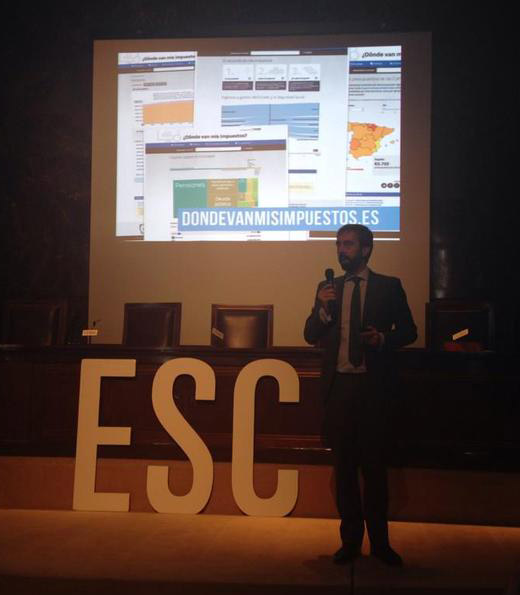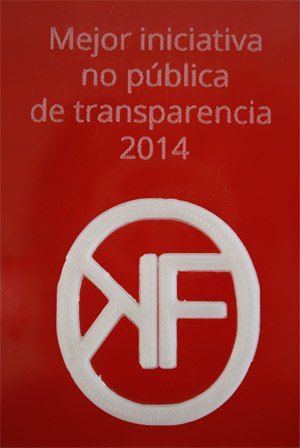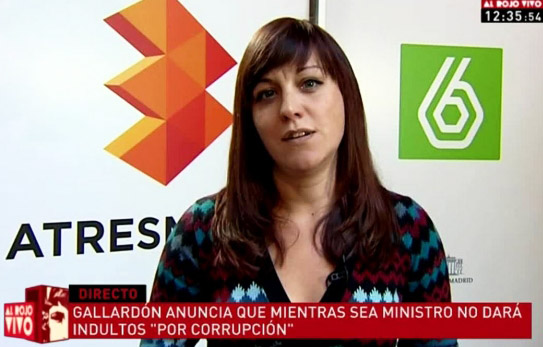In 2014, our third financial year, we delivered a surplus (€ 6.200 approximately), although the accounting profits is lower than it was former years. This is due to the fact that the growth in income (roughly from 94,000 to € 99,000) was lower than the growth of expenses (from € 76,000 to approximately € 93,000).
This issues from the increase in labour costs (which constitute 83% of the organization's expenses). The consolidation of Civio has gone through a transition. Our model started with freelance collaborations and has shifted to a stable team on our payroll counting, by December 2014, three workers under permanent contract. This team grows for 2015 and has incorporated two more professionals: a developer and a journalist.
Our payment scheme consists of three elements:
- One only leap in salaries, which was of € 16,800 gross annual base.
- A variable remuneration to reflect the contribution of team members in objective accomplishment, totalling € 5,000.
- A distribution of income generated through activities based on a high level of personal and direct contact, like classroom-based training delivery.
2014 Income (99,211 euros) arose from:
-
Private donations (19,064 euros, 19% out of total income).
In June 2014, 45 people donated monthly in order to support the activities of the foundation. By the end of the year, this number of monthly contributors grew up to 100, through the Civio accomplice programme. Moreover, 250 micro-donors help to co-fund the ¿Quién cobra la obra? project. In 2014 we organized two events to meet donors and supporters of the foundation, in March and December.
-
Professional service delivery (42,837 euros, 43% out of total income).
We have delivered training courses to civil servants (at the National Institute for Public Administration and the Institute for Public Administration of Aragon) as well as for the media (El País School of Journalism). We have provided with consulting services one more year to the BBVA Innovation Centre (by creating contents within their website), as we have cooperated with Ariel publisher in order to launch the book Españopoly, written by Civio project manager Eva Belmonte.
A a novelty within this category we have the service to adapt and upkeep the ¿Dónde van mis impuestos? application for local and autonomous community authorities, by reusing Aragón Open Data open source code. The Torrelodones City Hall was the first one to trust us and the fact that their budget transparency website was so well received has fostered other authorities to ask for this service too. In 2014 we also worked with autonomous community governments and hopefully many more public authorities will join this trend in 2015.
-
Institutional support (37,310 euros, 38% out of total income).
These are still originated exclusively outside the country. This year we count the following: an agreement with the Polish organization Media 3.0 Foundation, who will replicate the Quién Manda platform in order to map the relations within the Polish Parliament; the European prizes from the CHEST project, which rewarded "Mind the Bank", "Connecting Citizens and Parliaments" and, in a very special way, Onodo, a project that is already running; as well as the cooperation agreement with the European Journalism Centre, who financed the research Medicamentalia / Third World Treatments, First World Prices?, a data journalism project that will allow to compare essential medicine prices from around the world.
YOU CAN DOWNLOAD OUR ACCOUNTS IN .XLS FORMAT HERE
...a more self-demanding character...
From 2015 our accounting will pass from a cash to an accrual basis, which is more adequate for a growing organization and that will allow the generated income and the expenses linked to funded project execution in a more consistent way for every financial year.
Moreover, in our initial years we have not been able to afford an external audit given our limited budget and how every euro was used to accomplish the objectives on the table. In 2015 we will try to assume this accounting audit element, recommended for any organization.
...on a foundation for growth
These have been our results in 2014. Without question, the best news is that we have already secured an important share of the funding for 2015 (through agreements with the Open Society Initiative for Europe and the European Commission via the second call of the CHEST project). We started the 2015 year with an approved budget that was substantially higher, over 204,000 euros.
After this great drive, we promise that our donors and followers will not be disappointed. On top of working in our existing projects —by updating contents and reporting on them accurately, new projects will see the light such as Medicamentalia, ¿Quién Cobra la Obra? and Onodo
We remind you that our accounting has been public since 2012 and are available here.
Objective as foreseen on the 2014 Action Plan:
Total income of 100,000 euros and total expense of 99,600 euros. Increasing income in order to self-finance the foundation, with a programme of donations and training and consulting opportunities.
